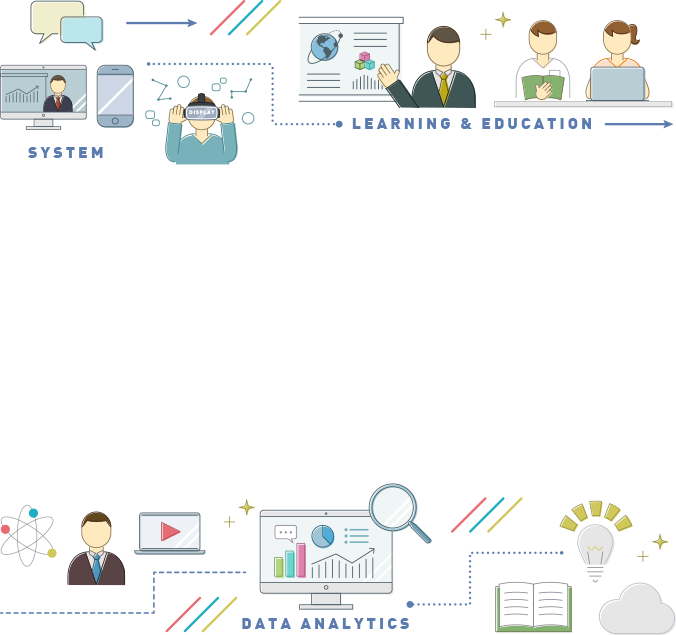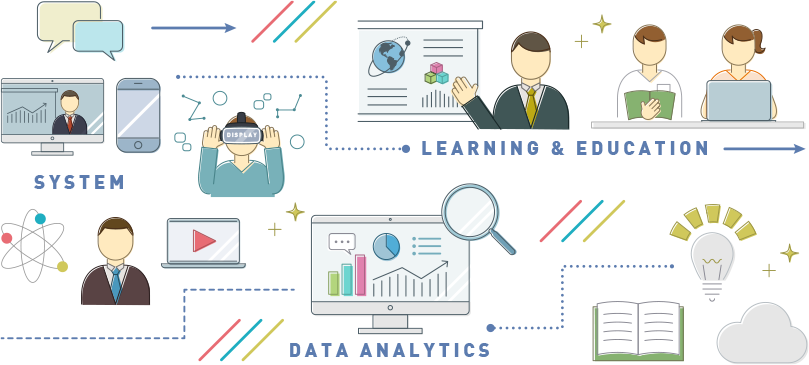Members of Yamada Laboratory
Alumni and ex-Members of Yamada Laboratory
Hiroyuki Watanabe (Technical Staff: October 2019-March 2022)
A Study on Identification of Learning Skills and Learning Support Skills Based on Learning Analytics
Li Chen (Completed Dec 2021: Oct 2021 - Mar 2022: Academic Research Fellow) PhD. (Education)
Currently a Lecturer at Osaka Kyoiku University. In past, she was an Assistant Professor at the Faculty of Information Science and Electrical Engineering, Kyushu University
"Collaborative Problem Solving-based STEM Instructional Design based on Learning Analytics"
Recipient of the CELDA 2020 Best Paper Award
Geng Xuewang (February 2024 Graduate), Ph.D. (Education)
Currently a Project Associate Professor at the Institute for Data-Driven Innovation, Kyushu University
Research on a Japanese Compound Verb Learning Support System Using AR
Hao Hao (Ph. D(Education), completed Dec. 2023)
Currently, Xinhua News Agency in China.
During my doctoral studies, I conducted research on the instructional design of Japanese CLIL (Content and Language Integrated Learning) classes utilizing ICT.
Mamiko Eto (M.A., completed March 2017)
Currently a Lecturer at Seinan Women University. In past she had worked at Fukuoka city as a school nurse and enrolled in the Doctoral Program at the Graduate School of Medical Sciences, Saga University. Ph. D(Medical study)
During the master's program, conducted research on the development of health literacy using the knowledge-constructive jigsaw method in primary and secondary education.
Recipient of the Graduate School of Human-Environment Studies Dean's Award for Best Achievement.
Feier Tang (M.A., completed March 2017)
A study on the design and evaluation of an English vocabulary learning game using GPS
Satomi Hamada (M.A., completed March 2020)
After working at Benesse Corporation (Classi Inc.), currently a doctoral student in the Ogata Laboratory, Department of Social Informatics, Graduate School of Informatics, Kyoto University.
During the master's program, conducted research on the development of a learning support system for mathematical proof problems in junior high school.
Xuanqi Feng (M.A., completed March 2021)
Research on the development of a learning analytics infrastructure for game-based learning environments in informal learning (SSCI Journal "Journal of Educational Technology & Society" (Impact factor: 2.086))
Xu, Yufan (M.A., completed September 2021)
Development and Evaluation of a Visualization System for Learning Activities Associated with Group Discussion
Saki Hirata (M.A., completed March 2024)
Currently employed at ALL DIFFERENT Co., Ltd. (formerly Learning Agency Co., Ltd.).
Conducting research on the development and evaluation of an English vocabulary learning support system using speech recognition technology and self-regulated learning support through voice memory strategies.
Received the Honorable Mention Poster Award at Learning Analytics and Knowledge 2024 (CORE Ranking A and #20 in Educational Technology on Google Scholar Metrics).
Technical Staff

Technical Staff
Rie Akutagawa
-
Research Project
Research Project "Construction of Educational Data Literacy Model and Development of Related Systems
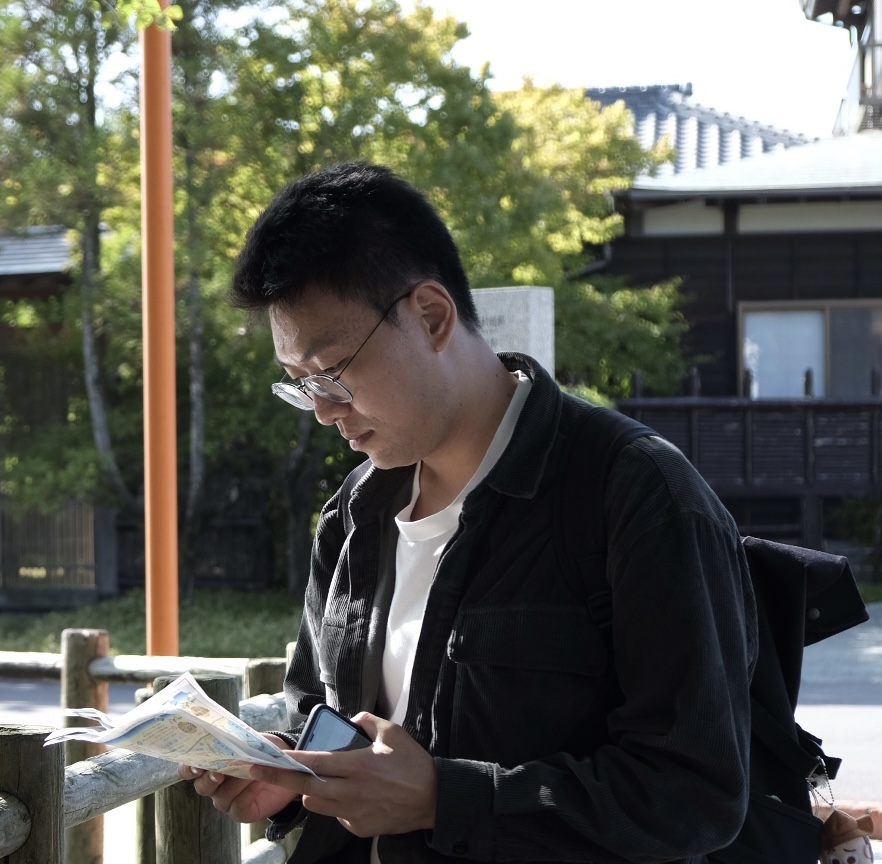
Co-researcher: Research Assistant Professor at the Data-Driven Innovation Initiative, Kyushu University
Geng Xuewang
-
Research Project
- Research on Smart Learning Design
- Research on Learning Analytics
- Research on a Japanese Compound Verb Learning Support System Using AR

Co-researcher: Assistant Professor at the Faculty of Information Science and Electrical Engineering, Kyushu University
Li Chen
-
Research Project
- Research on Smart Learning Design
- Research on Learning Analytics
- Research on STEM Education Utilizing Collaborative Problem-Solving Learning
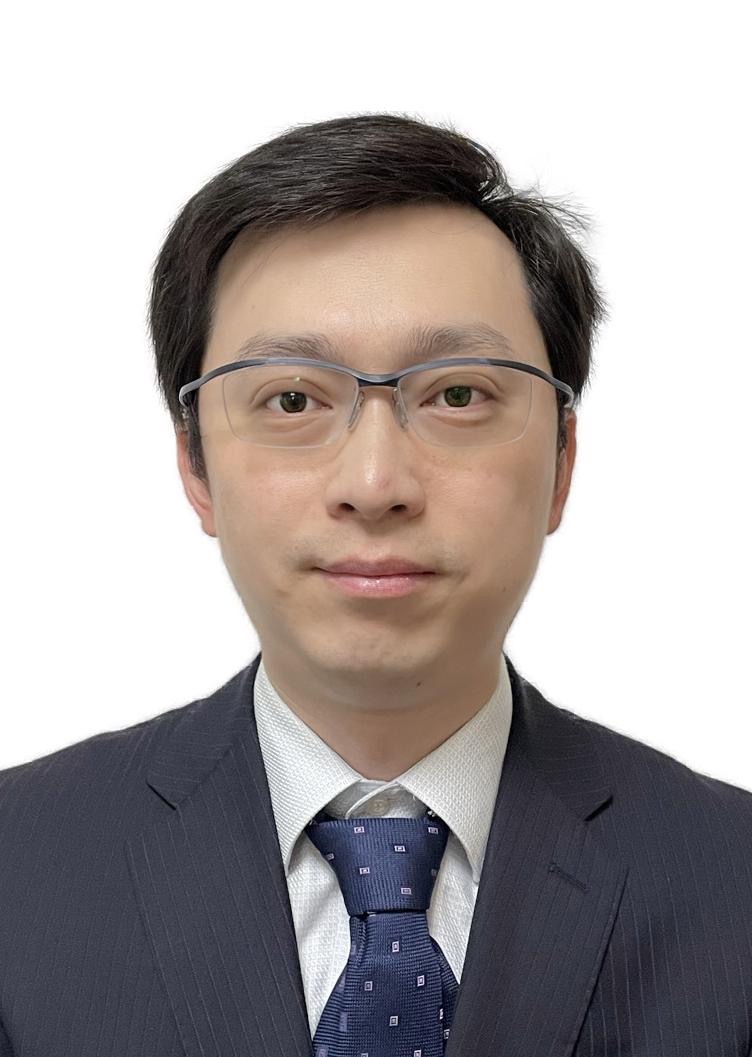
Co-researcher: Assistant Professor at the Graduate School of Engineering and Resource Science, Akita University
Lu Min
-
Research Project
- Research on the Development of a Digital Teaching Material Distribution System Integrated with Learning Analytics
- Research on the Development of the Learning Behavior Visualization System "Reading Path"
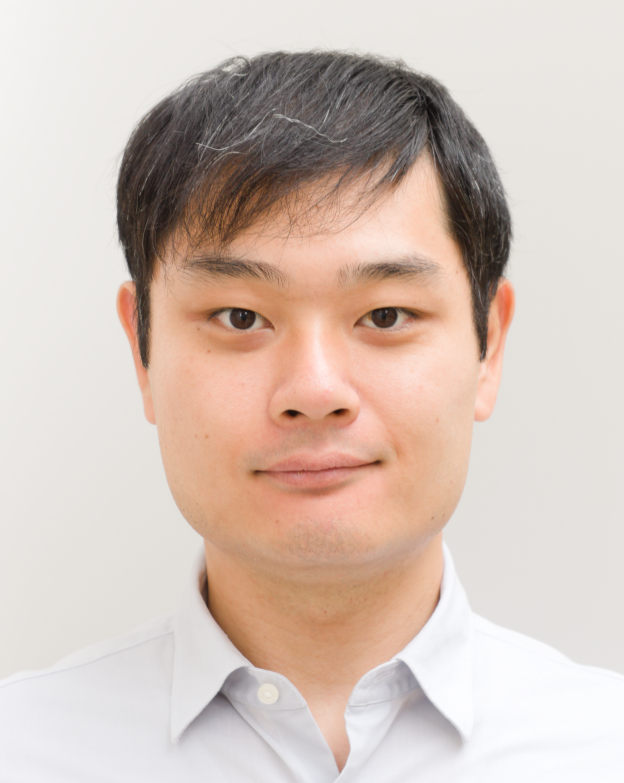
Co-researcher: Associate Professor at the Research Institute for Information Technology, Kyushu University
Yuta Taniguchi
-
Research Project
- Research on the Development of a Digital Teaching Material Distribution System Integrated with Learning Analytics
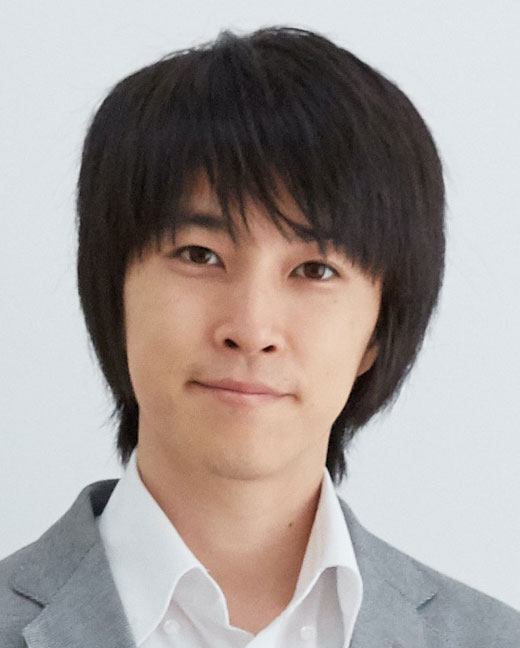
Co-researcher: Associate Professor at the Faculty of Information Science and Electrical Engineering, Kyushu University
Fumiya Okubo
-
Research Project
- Research on the Development of a Digital Teaching Material Distribution System Integrated with Learning Analytics
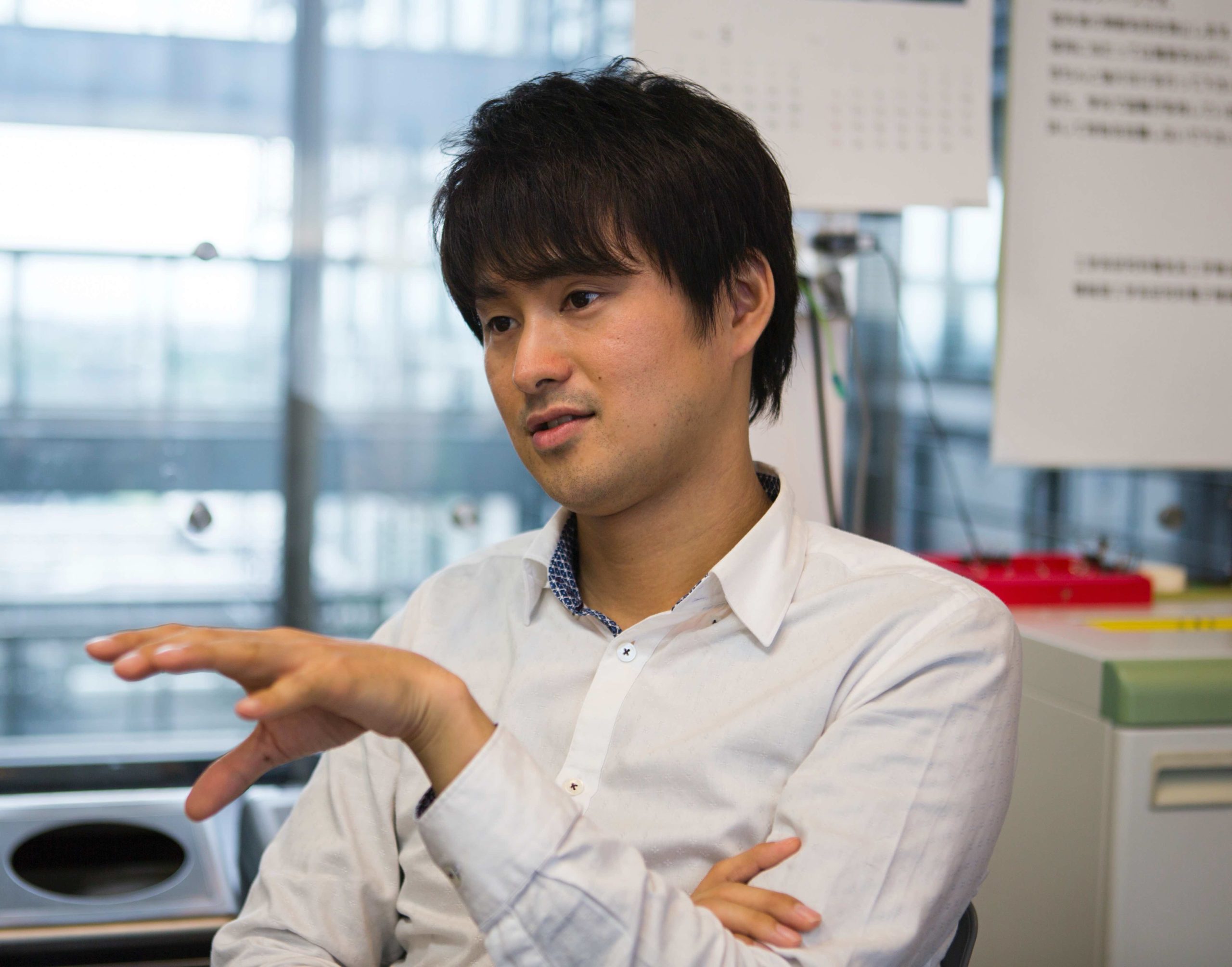
Co-researcher: Associate Professor at the Faculty of Information Science and Electrical Engineering, Kyushu University
Shogo Fukushima
-
Research Project
- Research on Smart Learning Design
- Research on the Design and Development of a Learning Support System Combining VR and Learning Analytics
Student

Doctoral student
Sayo Tanaka
Graduated University
- Faculty of Education, Monash University
-
(1) Research
Design and Evaluation of Generative AI-Based English Writing Feedback to Promote Learners’ Self-Regulated Learning
-
(2) Representative Achievements
・・論文
Tanaka, S., & Saito, E. (2021). Examining the barriers experienced by EFL teachers when implementing technology in senior secondary schools in Japan: a self-study. PRACTICE, 3(2), 96–109. https://doi.org/10.1080/
25783858.2021.1968281 Geng, X., Tanaka, S., & Yamada, M. (2025). Development of a Dual-Layer Feedback System for EFL Writing: From the Perspective of Self-Regulated Learning, Proceedings of ICLEA 2025, in printing
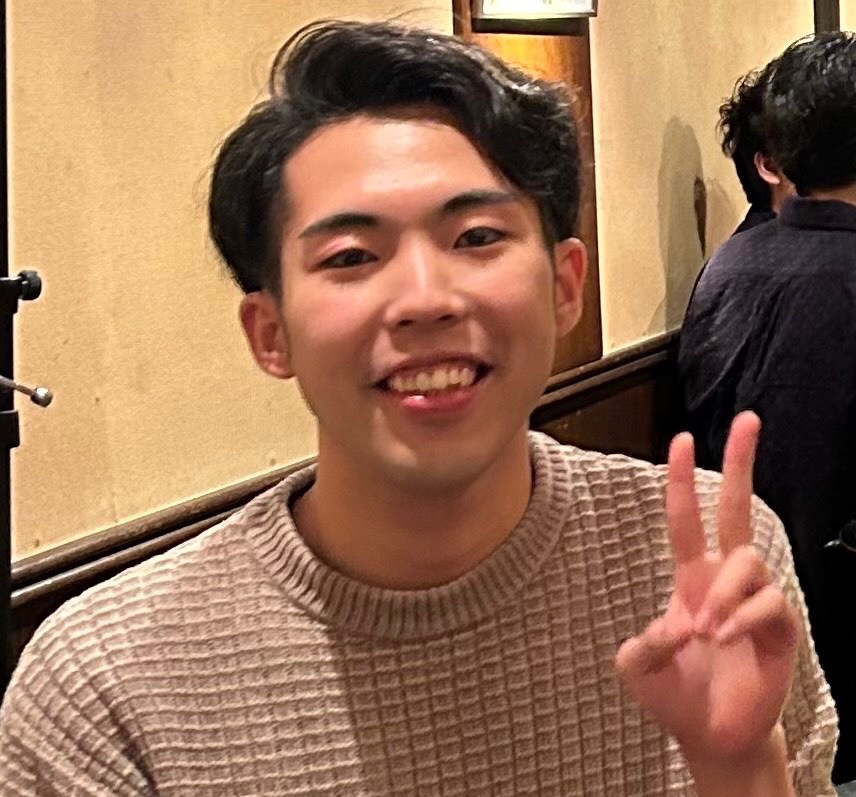
1st Year Master's Student
Naohiro Higuchi
Graduated University
- School of Interdisciplinary Science and Innovation, Kyushu University
-
(1) Research
Research on the Development of a Learning Feedback System Utilizing Learning Analytics
-
(2) Representative Achievements
・Conferences
1. Higuchi Naohiro, Geng Xuewang, Masanori Yamada (2024). “Design of a Real-Time Learning Analytics Dashboard for Instructional Improvement during Lessons,” Japan Society for Educational Technology 2024 Autumn National Conference

1st Year Master's Student
Kohei Ozaki
Graduated University
- Seinan Gakuin University, Faculty of Law
-
(1) Research
Design and Evaluation of Inquiry-Based Learning to Encourage Proactive Career Choices
-
(2) Representative Achievements
・Conferences
None, at present
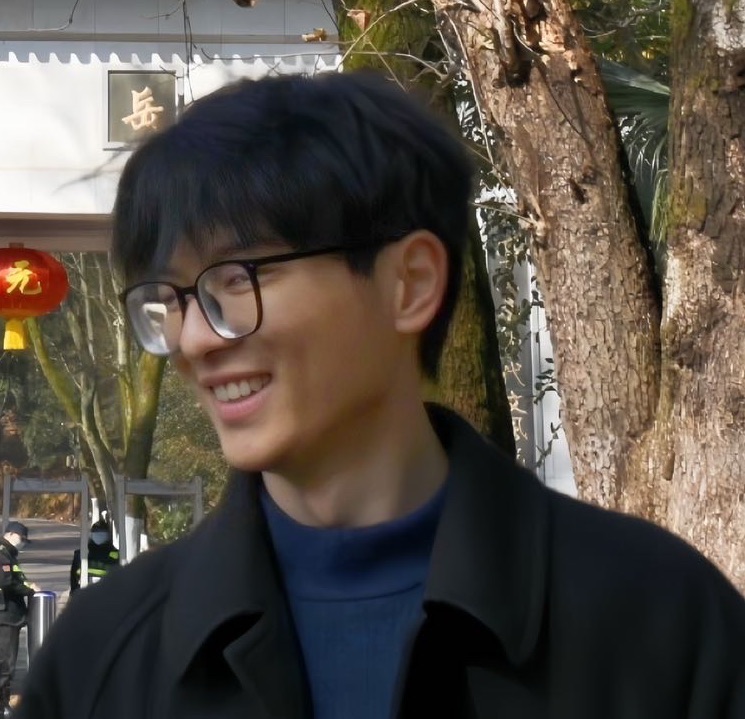
Research Student
Rui Li
Graduated University
- Jilin University
-
(1) Research
Development of a recommendation system utilizing logs from a digital learning material delivery platform.
-
(2) Representative Achievements
Introduction of seminar activities conducted in Yamada Laboratory
Research Seminar
The research seminar consists of two parts. The first part is a seminar in which students and participants make presentations on their research and practice and discuss how to develop their research and practice. We discuss how to improve the research and practice presented by the presenters, what kind of data should be collected, where there may be opportunities for practice, what evaluation methods should be used, and so on. The second part is a reading of the English literature. The aim is to learn the basic theories needed in educational technology research. We are currently reading Cambridge Handbook of Cognition and Education.
Frequency and time: Twice a month (every other week) Mondays, 13:00-14:30
English Literature Seminar
The English Literature Seminar is a seminar in which participants read English-language articles related to their research and practice. Research in educational technology is conducted not only domestically but also internationally, and because it is research, it must be highly original. In order to conduct research and practice with a high degree of originality, it is necessary to review research and practice papers both domestically and internationally, and to examine the good points, points to be improved, and limitations of the papers. In this seminar, students are asked to select an article they would like to read from international journals, read it, compile it into a resume of three to five pages, and make a presentation. Afterwards, we will discuss the position of the paper in the presenter's research, future research development, etc., with the aim of learning research methods and developing research.
Frequency and time: Once a week on Mondays from 10:30 a.m. to 12:00 p.m.
Statistics Seminar
The Statistics Seminar is a seminar to learn about statistics, which is the basic knowledge for advancing educational technology research. This is an independent seminar for students. Since we are not doing research on statistics, we do not aim to go into statistics. We use statistics as a tool. However, even to use it as a tool, you must understand the minimum knowledge and rules. In this seminar, we aim to learn statistics as a tool by reading basic literature on statistics and actually analyzing data.
Frequency and time: Once a week on Mondays
Cognitive Psychology Seminar
The Cognitive Psychology Seminar is designed for students to gain an understanding of basic theories in order to advance their educational technology research. This seminar is conducted as an independent seminar for students. In learning, people perceive, process, interpret, and make sense of a variety of information. In this learning process, learning occurs in a variety of situations, including learning from a variety of information media and learning through apprenticeship in human relationships. But what kind of cognitive processing does a person perform in this process? There are many theories related to this question, and they are fundamental to educational technology research.
Frequency and time: Once a week on Mondays
Inquiry for participation in the seminar
We basically take a "welcome" attitude toward accepting seminar participation, but we do not accept those who are passive and say, "I don't want to be in charge of literature and presentations, but I want to participate”. As long as you participate, you will be in charge of literature reading and presentations at research seminars (as a rule of thumb, once or twice every six months). In addition, in order to ensure that you participate responsibly, we accept only those who will participate on an ongoing basis (we would like you to participate for at least six months). If you are a research minded person with a strong will to learn and enhance not only your own research but also the research of other participants, we are happy to welcome you. If you are interested in participating, please send me an email telling me which seminar you would like to participate in and why. I look forward to hearing from you.
